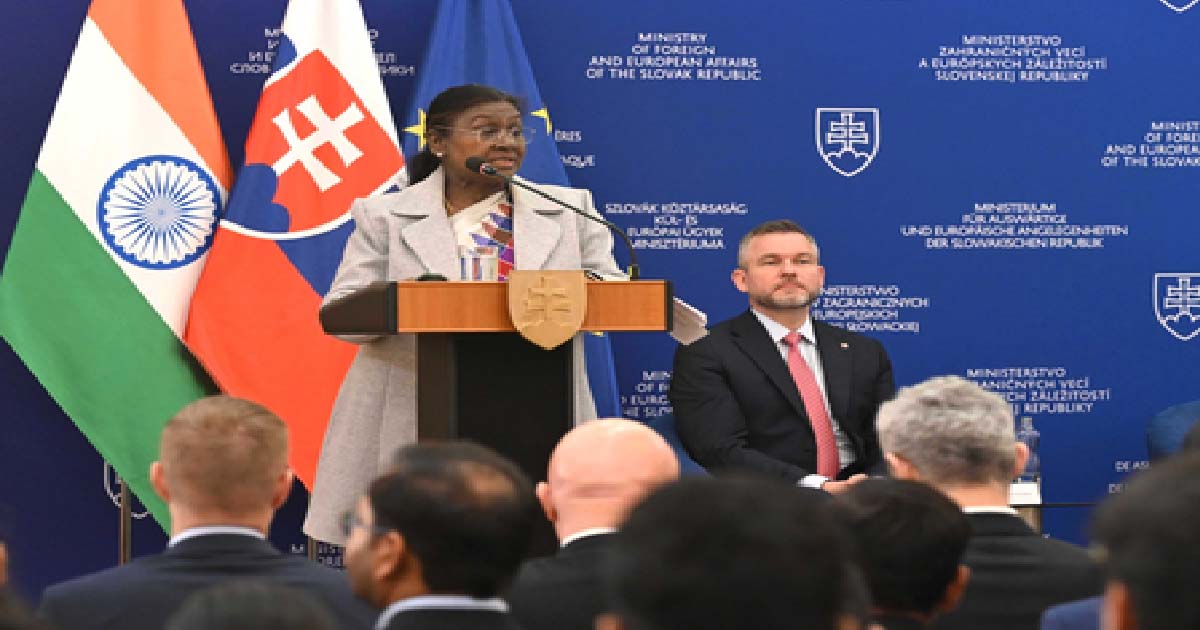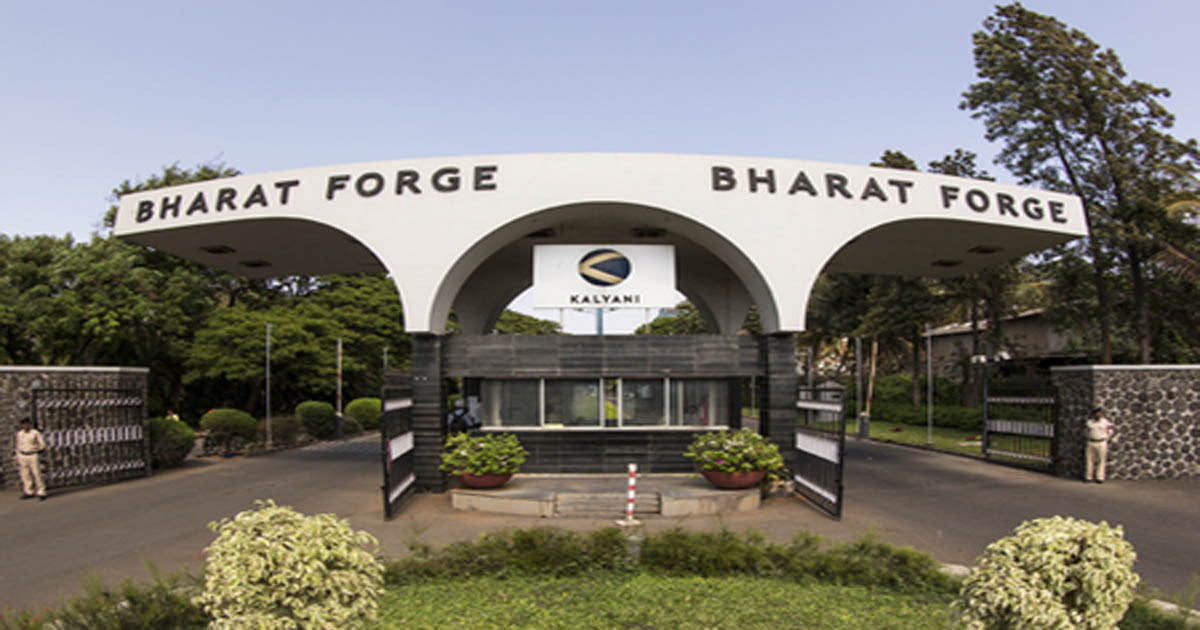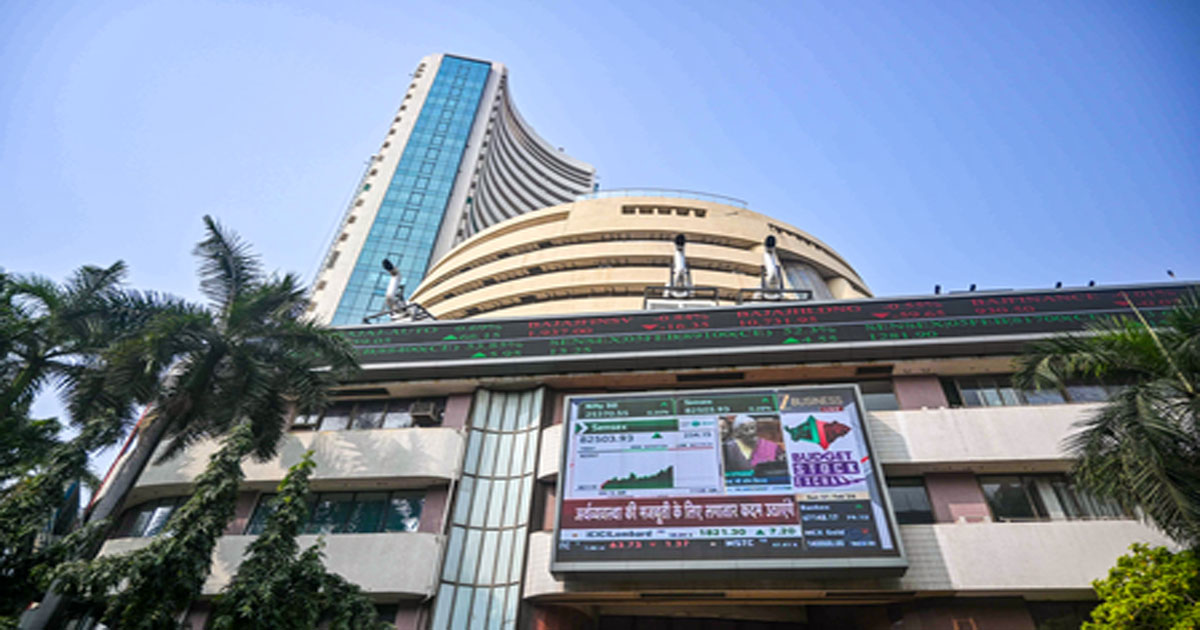Business
Indian talent can be valuable partner in economic progress of Slovakia: President Murmu

Bratislava, April 10: Asserting that India is one of the fastest-growing economies in the world, President Droupadi Murmu on Thursday urged business leaders from Slovakia to seize the opportunities and convert them into concrete results
Slovakia, President Murmu said while addressing the Slovakia-India Business Forum in Bratislava, with its strong industrial base and strategic location in Europe, presents great opportunities for deeper trade and investment ties.
“Slovakia is looking for hard-working skilled workers and professionals from overseas to help meet its workforce requirements. I am convinced that Indian talent can be a valuable partner in the economic progress of Slovakia,” President Murmu said in her address at the event.
“India is committed to enhancing trade relations with Slovakia. The large business delegation, representing diverse fields, which has accompanied me, clearly shows the interest of Indian businesses to explore opportunities in Slovakia. We have seen a similar interest from Slovakia,” she added.
Addressing the forum, President Murmu thanked Slovakia President Peter Pellegrini for his commitment in strengthening economic ties between the two countries. She said that India is undergoing remarkable transformation and has emerged as a global leader in technology, innovation and sustainable development.
President Murmu added that the Slovakia-India Business Forum serves as an excellent platform to explore synergies and build mutually beneficial partnerships.
Earlier, President Murmu visited an exhibition of paintings by Slovak children. The Slovak-Indian Friendship Society, in collaboration with the Indian Embassy, has been organising the painting competition ‘Beauty Hidden in Fairy Tales – India through the Eyes of Slovak Children’ since 2015.
She also witnessed a puppet show on Ramayan conducted by Lenka Mukova. Lenka is part of the Babadlo Puppet Theatre in Presov, which has been educating children through puppetry for 30 years.
President Murmu also attended a banquet hosted in her honour by Slovakia President Pellegrini at the historic Bratislava Castle. The Slovak artists presented captivating musical performances including that of the National Anthem, signifying the strong cultural bond between the two countries.
Thanking the Slovak government and the people of Slovakia for the warm welcome and hospitality, she said that from yoga and ayurveda to Indian cuisine, the love for Indian culture in Slovakia is a testament to the strong people-to-people connections. She also reaffirmed India’s commitment to strengthen the bonds of friendship between the two countries.
On Wednesday, President Murmu held productive talks with the Slovakia President in Bratislava as both leaders reviewed various facets of India-Slovakia relations and agreed to work towards strengthening the bilateral partnership across diverse sectors.
During their one-to-one meeting and delegation-level talks, President Murmu and Pellegrini also discussed issues of shared global and regional interests. The participants in delegation-level talks from the Indian side included the accompanying Minister of State, Nimuben Bambhaniya, as well as Members of Parliament Dhaval Patel, Sandhya Ray and senior officials.
President Murmu also met the Speaker of National Council of the Slovak Republic, Richard Rasi in Bratislava, congratulating him on his recent election as Speaker while reaffirming the high priority attached by India to the historic friendship between the two countries.
“President Murmu said that Parliamentarians have an important role in enhancing goodwill and mutual understanding between India and Slovakia. She noted that there has been a tradition of a Slovak-India Friendship Group in the National Council of Slovakia, and said that it would help promote exchange of knowledge and experience among our Parliamentarians,” the President’s Secretariat stated.
This is the first visit by an Indian President to Slovakia in nearly three decades.
“The two-day visit to Slovakia spotlights the importance India places on its bilateral relations with the Slovak Republic. It is also expected to pave the way for deeper cooperation and new initiatives in various sectors, including defence, science and technology, and education,” stated the Ministry of External Affairs (MEA).
Business
Mumbai Infra: BMC Plans ₹220-Crore Flyover Between Mahim & Bandra East To Ease Congestion On WEH

Mumbai: In a bid to ease traffic congestion along a crucial stretch of the Western Express Highway (WEH), the Brihanmumbai Municipal Corporation (BMC) has revived plans to construct a flyover connecting Mahim and Bandra (East). The civic body has once again invited tenders for the long-pending project after earlier attempts failed to attract bidders.
The proposed flyover will link Machhimar Colony on Senapati Bapat Marg in Mahim to Bandra (East), providing an alternative route for motorists who currently face severe traffic snarls on the western express highway. The congestion typically begins at Mithi Chowk in Bandra (East) and extends up to Dadar, significantly slowing down traffic on the WEH.
The project is estimated to cost approximately Rs. 220.17 crore. The flyover will stretch for over one kilometre and is expected to ease pressure on existing routes between Mahim and Bandra (East), an area that already includes the Chunabhatti–BKC flyover and the old Kalanagar flyover.
This is not the first time the BMC has attempted to push the project forward. The initial tender, floated in 2022, was withdrawn due to technical issues. A second tender issued in July 2023 failed to receive any bids and eventually lapsed. The bridge department has now reissued the tender, expressing hope that contractors will come forward this time.
The project involves crossing areas near Mithi Chowk, which will require clearances from the Coastal Regulation Zone (CRZ) authorities and the Forest Department. The responsibility of securing these permissions will lie with the appointed contractor.
Once completed, the flyover is expected to streamline traffic flow between Mahim and Bandra (East) and provide relief to commuters using one of the city’s busiest arterial corridors.
Business
Bharat Forge’s Q3 profit falls 17 pc, Rs 2 interim dividend announced

Mumbai, Feb 12: Bharat Forge on Thursday reported nearly 17 per cent year-on-year decline in its standalone net profit for the quarter ended December 2026 (Q3 FY26).
On a standalone basis, the company posted a net profit of Rs 288 crore lower than Rs 346 crore reported in the same quarter last financial year (Q3 FY25), according to its stock exchange filing.
Standalone revenue from operations saw a marginal dip of 0.6 per cent to Rs 2,083.7 crore in Q3 FY26.
On a consolidated basis, the performance was stronger. Revenue rose 25 per cent year-on-year to Rs 4,343 crore, compared with Rs 3,476 crore in the year-ago period.
Net profit increased 28.2 per cent to Rs 273 crore from Rs 213 crore in the corresponding quarter last financial year.
The company said the quarterly numbers included a one-time cost of Rs 55.7 crore, which had an impact on margins.
Earnings before interest, tax, depreciation and amortisation (EBITDA) grew 20 per cent to Rs 750 crore from Rs 624 crore a year ago.
However, EBITDA margin moderated to 17.3 per cent from 18 per cent in the same quarter last financial year.
The Board of Directors also declared an interim dividend of Rs 2 per equity share of face value Rs 2 each, which translates to a 100 per cent payout on the face value.
The dividend will be paid on or before March 12, 2026, and the record date for determining eligible shareholders has been fixed as February 18, 2026.
Commenting on the performance, B. N. Kalyani, Chairman and Managing Director of Bharat Forge, said the results continued to be impacted by de-stocking in the North American commercial vehicle market.
He added that strong growth in the domestic automotive business and execution of the defence order book helped support the overall performance.
On a sequential basis, standalone revenue rose 7 per cent quarter-on-quarter to Rs 2,084 crore.
EBITDA increased 4.6 per cent to Rs 569 crore, while margins stood at 27.3 per cent. Export revenue declined 3 per cent on a sequential basis, with auto exports falling 13 per cent, even as industrial exports grew 11 per cent.
Business
Sensex, Nifty open in red; IT index dips 3.58 pc

Mumbai, Feb 12: The Indian equity markets opened lower early on Thursday weighed down by IT stocks.
As of 9.25 am, Sensex lost 397 points, or 0.47 per cent, to reach 83,836, and Nifty lost 111 points, or 0.43 per cent, to settle at 25,842.
Main broad-cap indices posted stronger losses than benchmark indices, as the Nifty Midcap 100 declined 0.76 per cent, and the Nifty Smallcap 100 dipped 0.88 per cent.
All sectoral indices traded in the red except FMCG, private banks as well as oil and gas. Most notable losers were Nifty IT down 3.58 per cent, realty down 1.11 per cent and media down 1.04 per cent.
Immediate support for Nifty is placed at 25,800-25,850 zone, while resistance is anchored at 26,050-26,100 zone, market watchers said.
Analysts said that the latest US jobs data indicating addition of 1.3 lakh jobs last month and unemployment falling to 4.3 per cent points weakened hopes of rate cuts by the Fed in the near-term.
In India, market watchers said that the rate cutting cycle is over since growth is good and inflation is expected to inch back to the RBI’s long-term target by the end of FY27.
In Asian markets, China’s Shanghai index added 0.12, and Shenzhen gained 0.81 per cent, Japan’s Nikkei gained 0.1 per cent, and Hong Kong’s Hang Seng Index eased 0.97 per cent. South Korea’s Kospi gained 2.74 per cent.
The US markets ended largely in the red overnight as Nasdaq eased 0.16 per cent. The S&P 500 traded flat, and the Dow Jones lost 0.13 per cent.
On February 11, foreign institutional investors (FIIs) net bought equities worth Rs 944 crore, while domestic institutional investors (DIIs) were net sellers of equities worth Rs 125 crore.
Indian equities corrected in January amid global volatility and FII outflows; however, the medium-term outlook remains constructive, according to analysts.
-

 Crime4 years ago
Crime4 years agoClass 10 student jumps to death in Jaipur
-

 Maharashtra1 year ago
Maharashtra1 year agoMumbai Local Train Update: Central Railway’s New Timetable Comes Into Effect; Check Full List Of Revised Timings & Stations
-

 Maharashtra1 year ago
Maharashtra1 year agoMumbai To Go Toll-Free Tonight! Maharashtra Govt Announces Complete Toll Waiver For Light Motor Vehicles At All 5 Entry Points Of City
-

 Maharashtra1 year ago
Maharashtra1 year agoFalse photo of Imtiaz Jaleel’s rally, exposing the fooling conspiracy
-

 National News1 year ago
National News1 year agoMinistry of Railways rolls out Special Drive 4.0 with focus on digitisation, cleanliness, inclusiveness and grievance redressal
-

 Maharashtra1 year ago
Maharashtra1 year agoMaharashtra Elections 2024: Mumbai Metro & BEST Services Extended Till Midnight On Voting Day
-

 National News1 year ago
National News1 year agoJ&K: 4 Jawans Killed, 28 Injured After Bus Carrying BSF Personnel For Poll Duty Falls Into Gorge In Budgam; Terrifying Visuals Surface
-

 Crime1 year ago
Crime1 year agoBaba Siddique Murder: Mumbai Police Unable To Get Lawrence Bishnoi Custody Due To Home Ministry Order, Says Report












